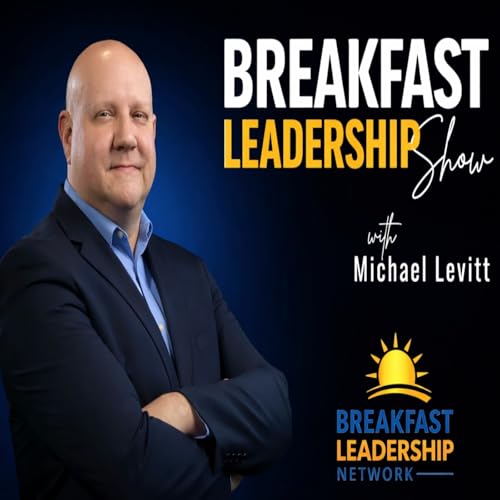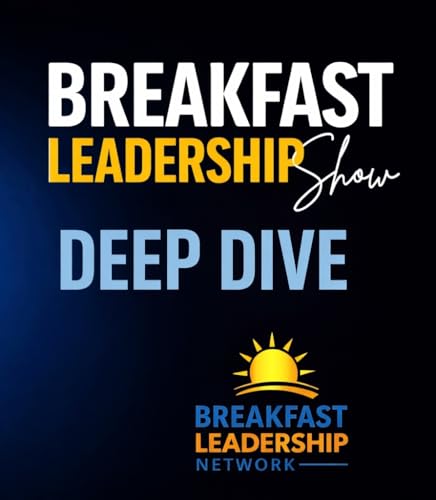When everything is on the line, leadership is no longer theoretical. It is neurological, emotional, and operational.
In this Deep Dive episode of the Breakfast Leadership Show, we break down what truly happens to the brain under pressure and why even experienced leaders make poor decisions during crises. Drawing from real-world leadership scenarios, neuroscience, and proven decision-making frameworks, this episode explains how stress hijacks judgment and what leaders must do to regain clarity when time, data, and emotional regulation are limited.
You will learn why willpower fails under pressure, how structured decision systems like the OODA Loop and Recognition-Primed Decision models outperform instinct alone, and how leaders can design communication and resilience practices that hold up in chaos. This is not motivational leadership theory. It is practical crisis leadership for moments when stakes are high and mistakes are costly.
If you lead teams, organizations, or yourself through uncertainty, this episode will fundamentally change how you approach decisions when it matters most.
In this episode, you will discover:
-
Why stress shuts down rational thinking and how to counteract it
-
How elite leaders make effective decisions with incomplete information
-
Proven frameworks for rapid decision-making under pressure
-
Why communication breaks first in a crisis and how to prevent it
-
How resilience is built through systems, not personality
Whether you are navigating organizational crises, high-stakes leadership decisions, or personal pressure points, this episode equips you with tools to lead calmly, clearly, and decisively when others panic.
Listen now and learn what crisis leadership really demands.
Visit https://BreakfastLeadership.com for more
Want to learn how much your turnover and workplace culture is costing you? Click the link below:
https://culture-cost-calculator--bfastleadership.replit.app/
 13 分
13 分 2026/02/2528 分
2026/02/2528 分 24 分
24 分 15 分
15 分 28 分
28 分 2026/02/1632 分
2026/02/1632 分 2026/02/1316 分
2026/02/1316 分 26 分
26 分
